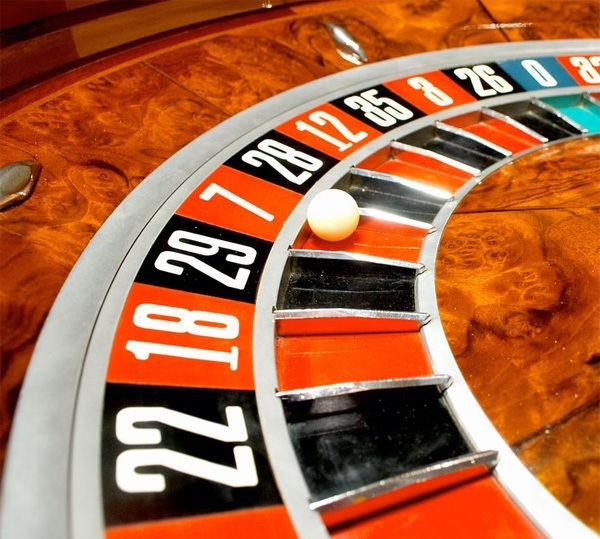Is it is a good time to invest?
This is a question I get a bit and just last week I had a client say that due to the US/China situation - they'd like to hold off as to not lose money straight away.
When you think logically about how the market works, the notion that information or news that we have now means the market will fall tomorrow, next week or next month is really quite silly.
Every day there is an equal amount of buyers and sellers. Good days or bad days - there is always someone selling and someone buying. Obviously, news about a trade war or whatever it might be that week, impacts what people will be willing to buy or sell shares, so the price moves at that instant, to a point where buyers and sellers mutually agree on a fair price based on all the information available at that time.
Whilst looking at a single trade, you might have the assumption that one person in that trade has more knowledge or insight than the other, but collectively, there are billions of trades that take place every day. And the collective knowledge or all the people making those trades is the pricing mechanism used to find fair price for each stock.
I am 100% certain that you, me, Kochie, Tom Piotrowski (yes I had to google how to spell it) and even Warren Buffett, does not possess more information than the collective knowledge of the market so to suggest the market is not priced correctly based on the information available today, is not much more than laughable. Warren Buffett would be the first to admit this - which is exactly why he has been such a successful investor - he's spent his efforts in investing controling the things he can control and not worried about the things he can't control.

Sure, we can have a punt that things might evolve more negatively than currently expected and think the market will fall further, but, it is nothing more than a punt and when you starting guessing on where the market might move and make investment decisions based on that, you will inevitably underperform the guy who acknowledges the power in markets and pricing and simply accepts the volatility that comes with investing in equity markets. We might be right the first time, or the second time, just like if I play roulette, I might guess red or black correctly, but when I start thinking I possess the ability to correctly guess and start putting the household wealth on red or black, things can come unstuck.

But - stocks can fall next week, next month and next year and some people might not be willing or in a position in life to accept that, which is exactly the reason why asset allocation of an investment portfolio is so important. 1. investing in stocks means being diversified globally to diversify away some risk and 2. having an allocation to defensive assets such as cash, fixed interest and bonds, is also so important.
It's also important to remember, that to shun growth assets such as stocks or property, you are open to other risks such as not achieving a sufficient return to meet your goals.
So, is it a good time to invest? Yes. And so is tomorrow, the day after and the day after that. Accept the power in market pricing and know that we are not smarter than the collective knowledge of all participants. And the next time the market falls 10%, 20%, 30% etc, it's still a good time to invest. The important thing is to remain disciplined and diversified.
Glenn Hilber is a Certified Financial Planner with over 10 years experience and the owner of Precision Wealth Management. Glenn can be contacted on 1300 200 012 or email enquiries@precisionwm.com.au
This represents general information only. Before making any financial or investment decisions, we recommend you consult a financial planner to take into account your personal investment objectives, financial situation and individual needs.




